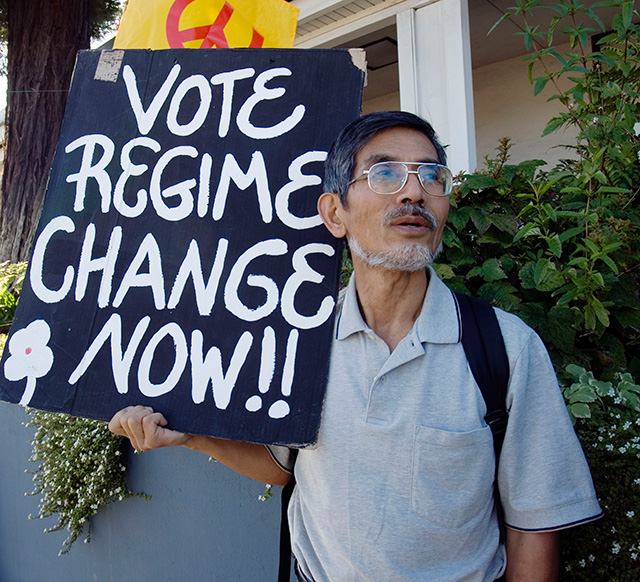 Monday 30th November at the Green Man brings us a first for us, as according to its writer, the prolific Sam South, it is a "RoadRadio - a road movie for the radio.
Monday 30th November at the Green Man brings us a first for us, as according to its writer, the prolific Sam South, it is a "RoadRadio - a road movie for the radio.28 year old beautiful Chase is driving home to Nebraska. He has lived in New York for 10 years and never been back. He lived his life to the full, such a contrast to the quiet country life he grew up in. But Chase is a changed man in many ways, scarred with his experiences, and he has no idea how he'll be received."
Sounds good to me. It also stars Panny Skrivanos. Monday, 7.45. Be there.



